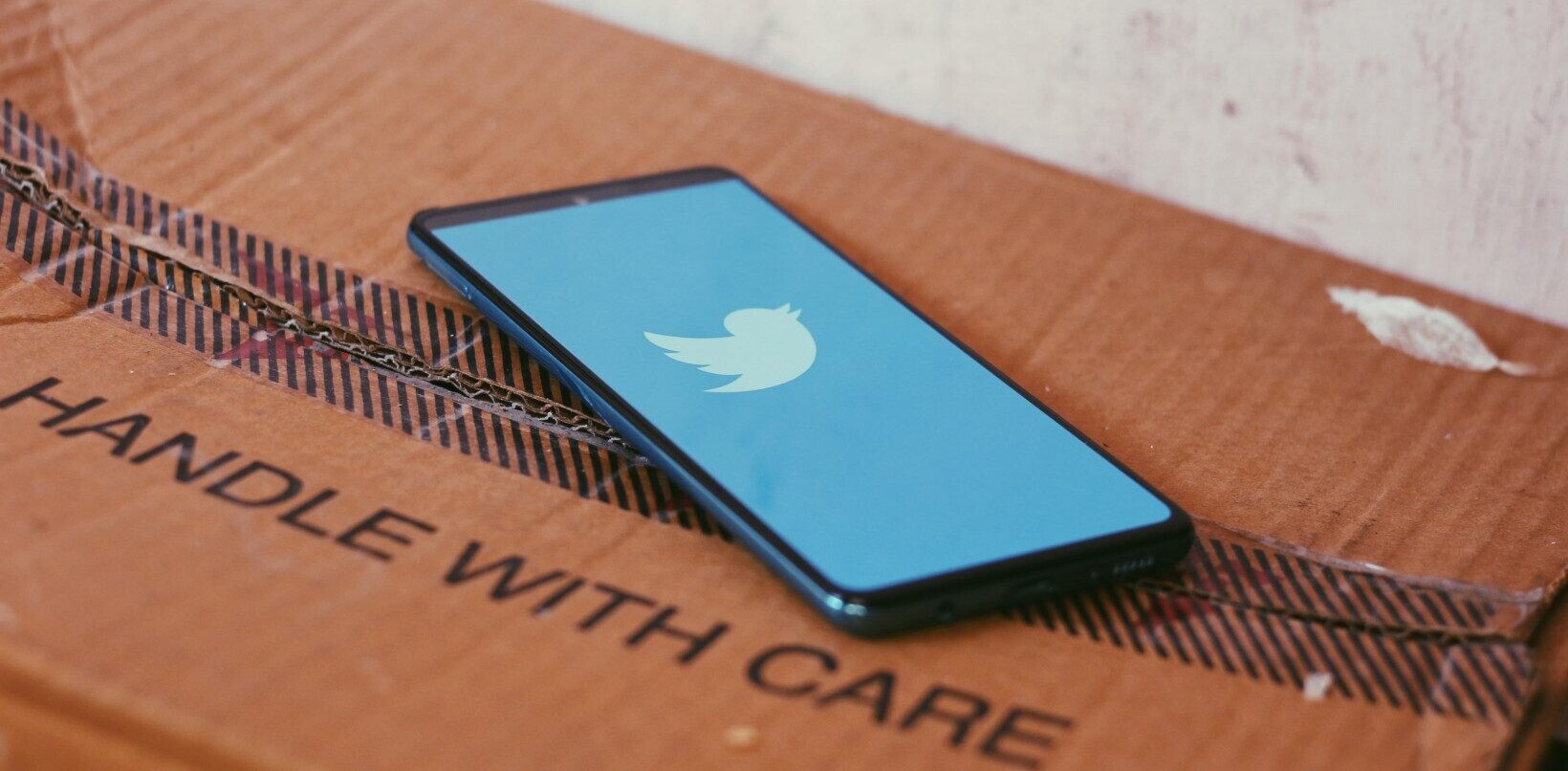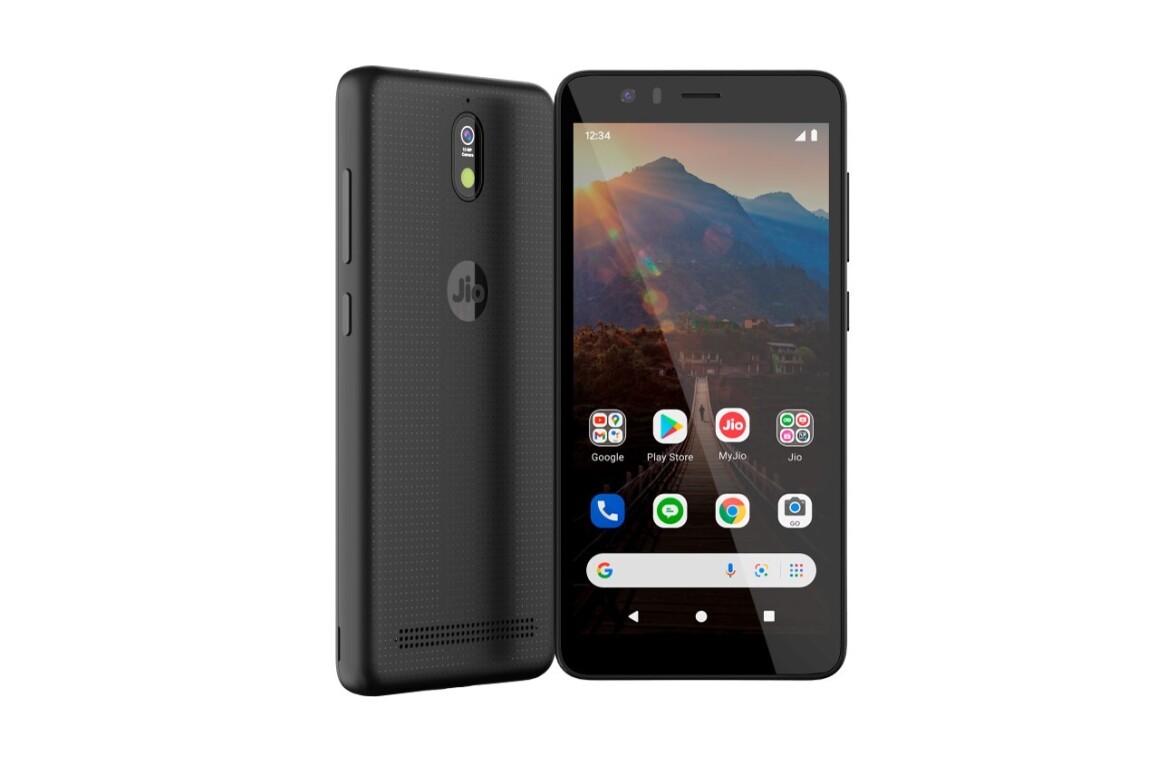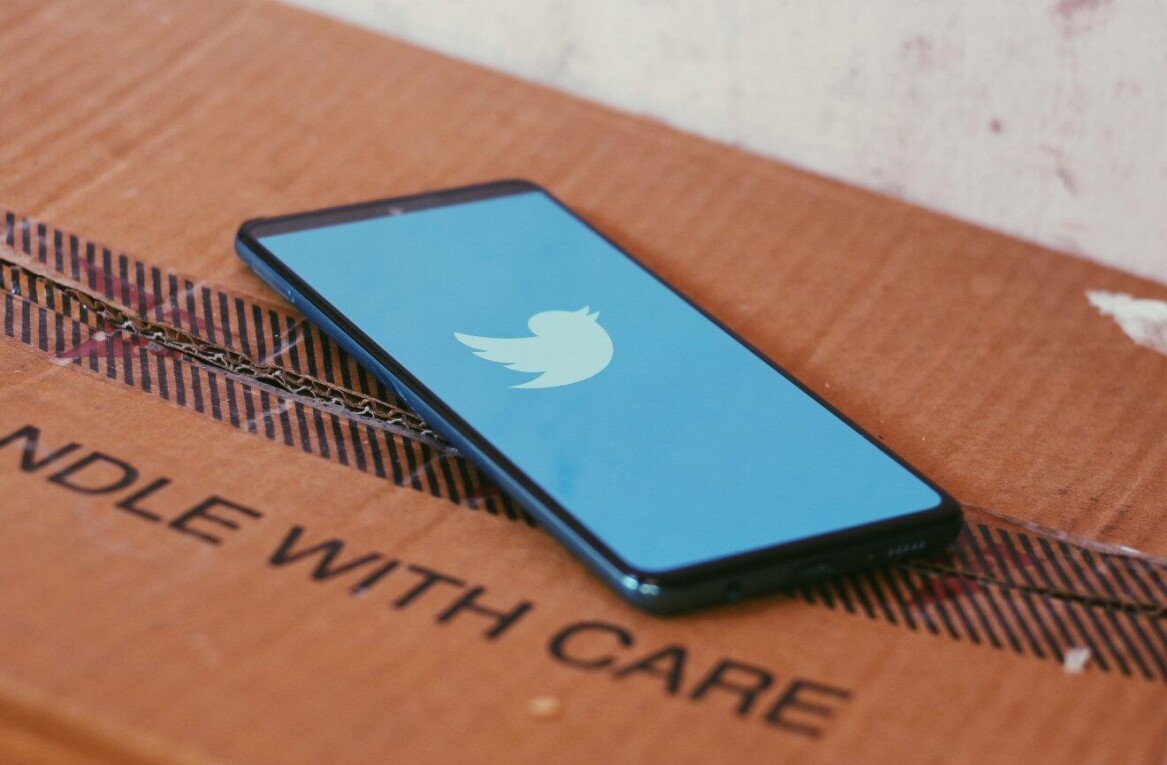
Vodafone has spent about £12 billion ($18.75 billion) in its Indian operations in the four-and-a-half years since it acquired it from Hutchison Whampoa and has precious little to show for it in the way of profits, according to a report by The Guardian.
Vodafone is the third largest telecom carrier in India and has 142 million customers in the country, just 5 million less than its entire European customer base. And yet, India contributes a meagre 8% of the company’s overall revenues, according to analyst Mark James at broker Liberum Capital.
The company has only brought in £155 ($242) million in cash income from its Indian operations, which is an insignificant fraction of the £10.7 ($16.7) billion it spent buying them out between 2007 and the current year. Combined with the £1.7 ($2.7) billion the company spent on acquiring 3G spectrum in 2010, it is looking at a total expenditure of about £12 billion so far.
Fierce competition between as many as ten national telecom operators in the country ensures that tariffs in India stay as low as ₹0.50 ($0.01) per minute, which means that carriers find it hard to post significant profits despite large subscriber bases.
Government pressures have also added to Vodafone’s woes in India, where it has been accused by the Indian authorities of following an “artificial tax avoidance scheme” and faced repeated investigations by the Central Bureau of Investigation (CBI) for its predecessor’s involvement with a 2G spectrum licensing scandal that saw the government stripped of $39 billion in taxpayer revenue in 2008.
“Subscriber growth has been matched by painful price wars between competitors, with Vodafone far from immune. Add constantly moving regulatory goalposts and a well-documented dispute with the Indian government and it’s not a given that Vodafone will ever see an economic return on the £12 billion we estimate it has sunk to date,” Mark James said in a research note.
Get the TNW newsletter
Get the most important tech news in your inbox each week.




